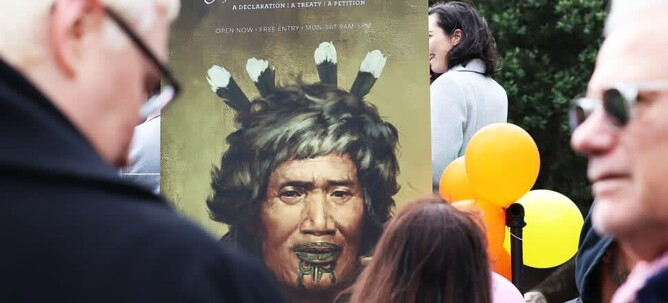Pākehā writing on Māori
A challenging essay by Michaela Keeble on the problems of how Pākehā fiction presents and frames Māori
I read Lawrence Patchett's novel The Burning River when it first came out late in 2019.
A year later, I’m brave enough to contribute to a public conversation about Pākehā writing, so that Māori don’t always have to do the work of responding, and so that Pākehā have access to an alternative perspective.
Critiquing the fundamental decisions of a novel about identity makes a review pretty personal. I’ve held off commenting for so long because of this, but it begins to feel something like cowardice. As a white writer trying to challenge colonisation, in poetry and fiction, I’m also fair game for criticism.
This is the point. We have to resist our own fragility – writer, reader, reviewer. We need to be able to analyse our writing choices – ethical and political as well as literary. If we can’t, we’ll continue to repeat a national narrative that serves Pākehā more than Māori. We’ll keep on evading rather than assuming responsibility for history and its consequences.
Good intentions are not enough. In The Burning River, Patchett’s intention was to honour indigenous culture and language. I think his intention was to try and find an honourable, creative place for Pākehā in the modern-day landscape of Aotearoa.
Link to article: Good Intentions Are Not Enough: Pākehā Writing on Māori | Newsroom




